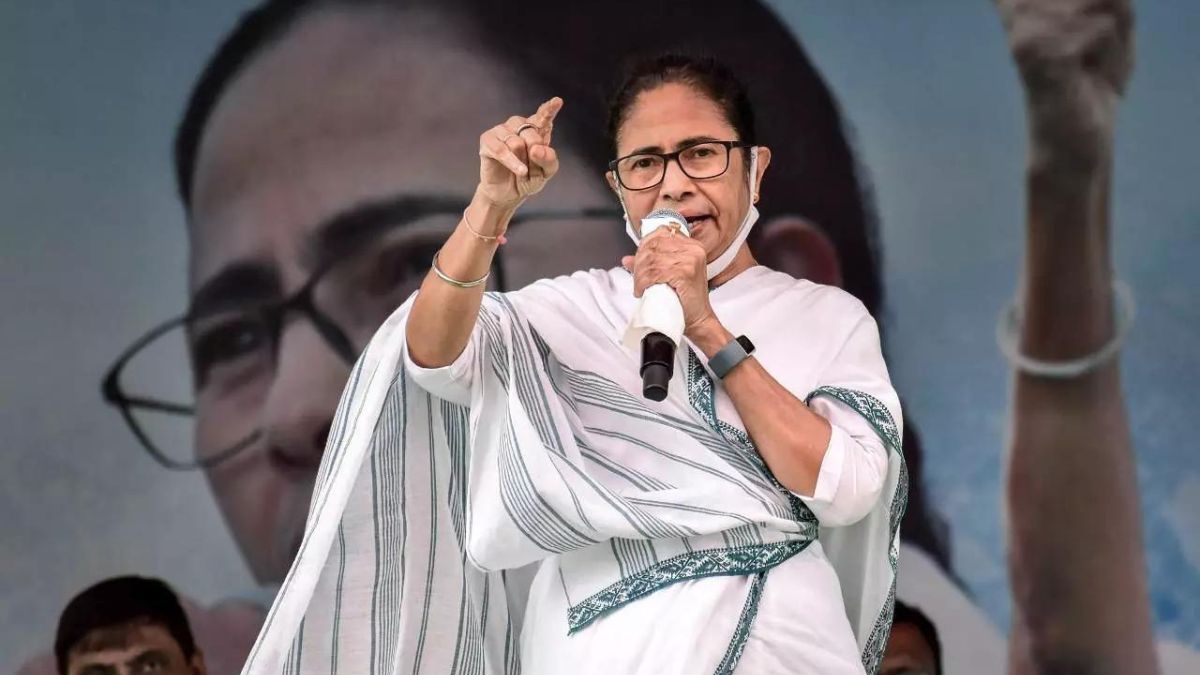The West Bengal government enacted a bill on June 13, 2022, to replace the Governor with the Chief Minister as the Chancellor of 31 state public universities such as Calcutta University and Jadavpur University. According to the All India Higher Education Survey (2019-20), state public institutions in India educate over 86% of all students enrolled in higher education in the country. Here, we examine the function of the Governor at state-supported colleges.

Legislation approved by state legislatures establishes state public universities. Governors in most states are named chancellors of these colleges and universities by law. The vice-chancellor is appointed by the Chancellor, who is the leader of public institutions. Chancellors have the power to invalidate any university action that does not comply with current legislation. Inspections may be carried out by the chancellor in certain states, such as Bihar, Gujarat and Jharkhand. In addition, the chancellor presides over the university’s convocation and approves petitions for awarding honorary degrees.
This is not the case in Telangana, where the chancellor is selected by the state government and not by the university. Meetings of the Court/Senate of the University are presided over by the chancellor. Creating new university departments, granting and withdrawing degrees and titles and fellowships, and introducing fellowships are some of the decisions made by the court.

West Bengal University Laws Amendment Bill, 2022 names the chief minister of West Bengal as chancellor for the state’s 31 public colleges and universities. In addition, the chief minister will preside over university bodies and serve as their leader. The Supreme Court ruled in 1997 that the Governor was not bound by the Council of Ministers’ advice and assistance when performing the functions of a distinct legislative office.
Education institutions were also a focus of the Sarkaria and Puunchi commission. They agreed that when carrying out statutory duties, the Governor is not legally obligated to consult or heed the advice of the Council of Ministers. There is an upside to the Governor consulting with the relevant Minister, though. It was suggested by the Sarkaria Commission that state legislatures refrain from granting the Governor any statutory powers that were not explicitly granted to him by the Constitution.
Governors as chancellors may be subject to controversies and public criticism, as noted by the Puunchi Commission. Thus, the Governor’s responsibility should be limited to the requirements of the Constitution. The Puunchi Commission’s suggestion is included in the Statement of Objects and Reasons of the West Bengal University Laws (Amendment) Bill, 2022.
In recent years, several states have made efforts to lessen the Governor’s authority over state public colleges. This month, the Tamil Nadu Legislative Assembly enacted two bills, which transferred the authority of selecting vice-chancellors from the Governor to the government. As of June 8, 2022, the Governor has yet to sign off on these bills.
According to Maharashtra, the mechanism of appointing state public institutions’ vice chancellors would be changed in 2021, Search Committee members sent five names to the chancellor prior to the revision. The chancellor might then choose one of the people on the panel to be vice-chancellor, or he or she could request a new panel of names. the search committee must first submit a panel of names to the state government before recommending a panel of two names to the chancellor, as specified by the 2021 amendment. Within thirty days, the chancellor must select one of the two candidates on the list as Vice-Chancellor. According to the new amendment, the chancellor will be unable to request a new panel of nominees.

